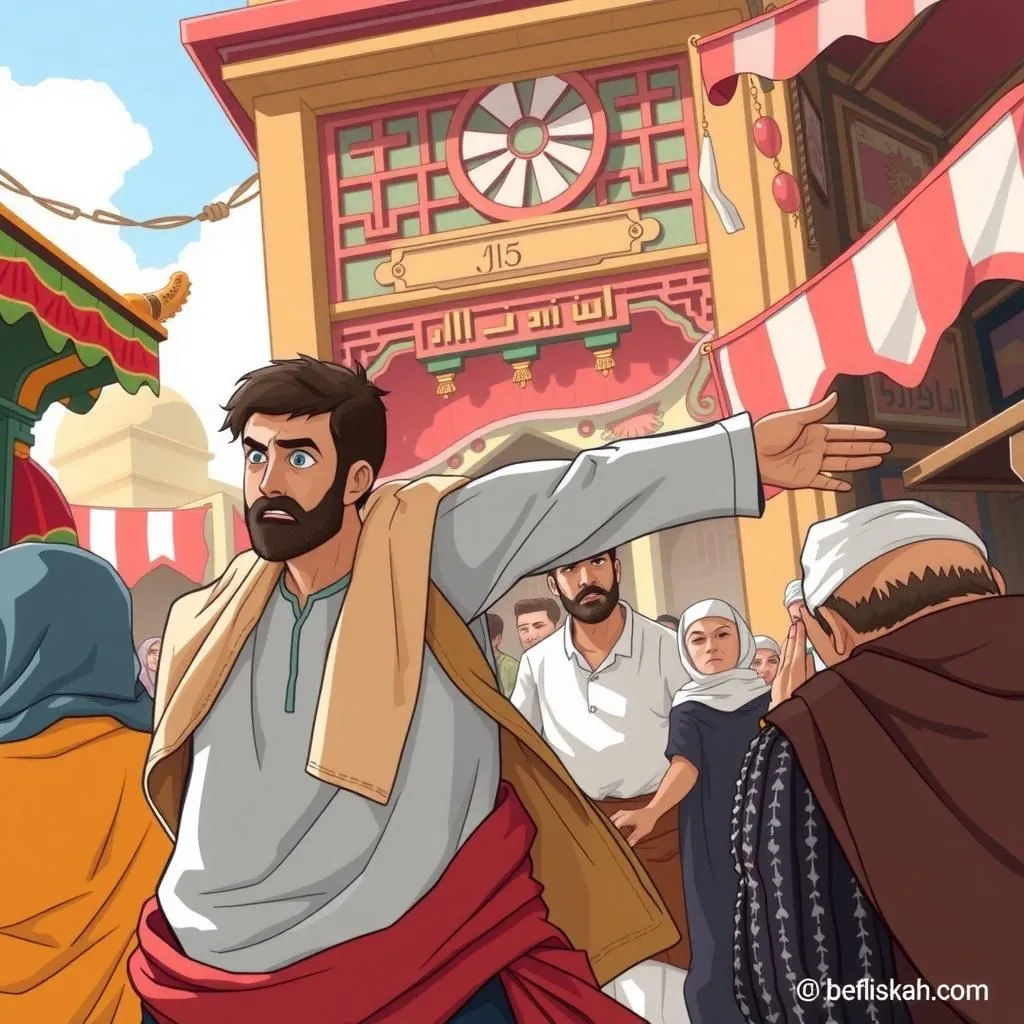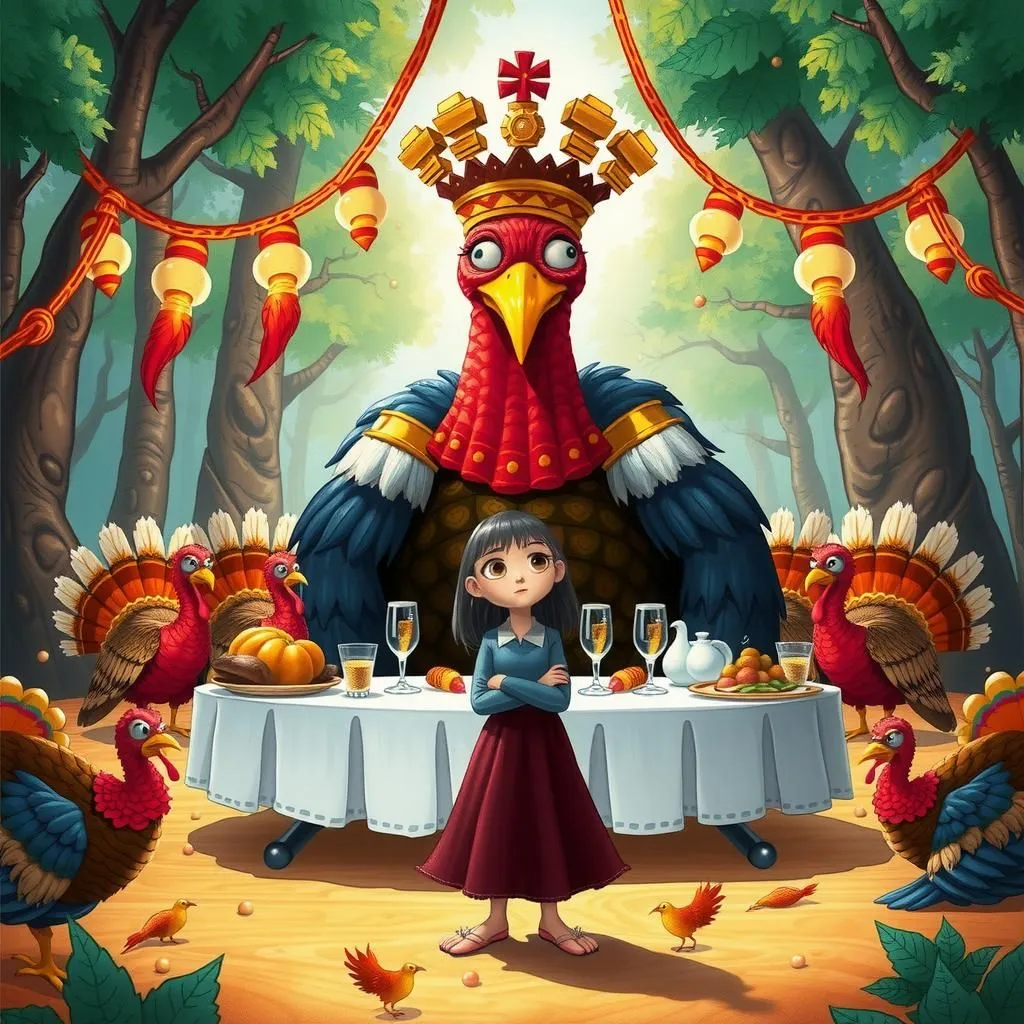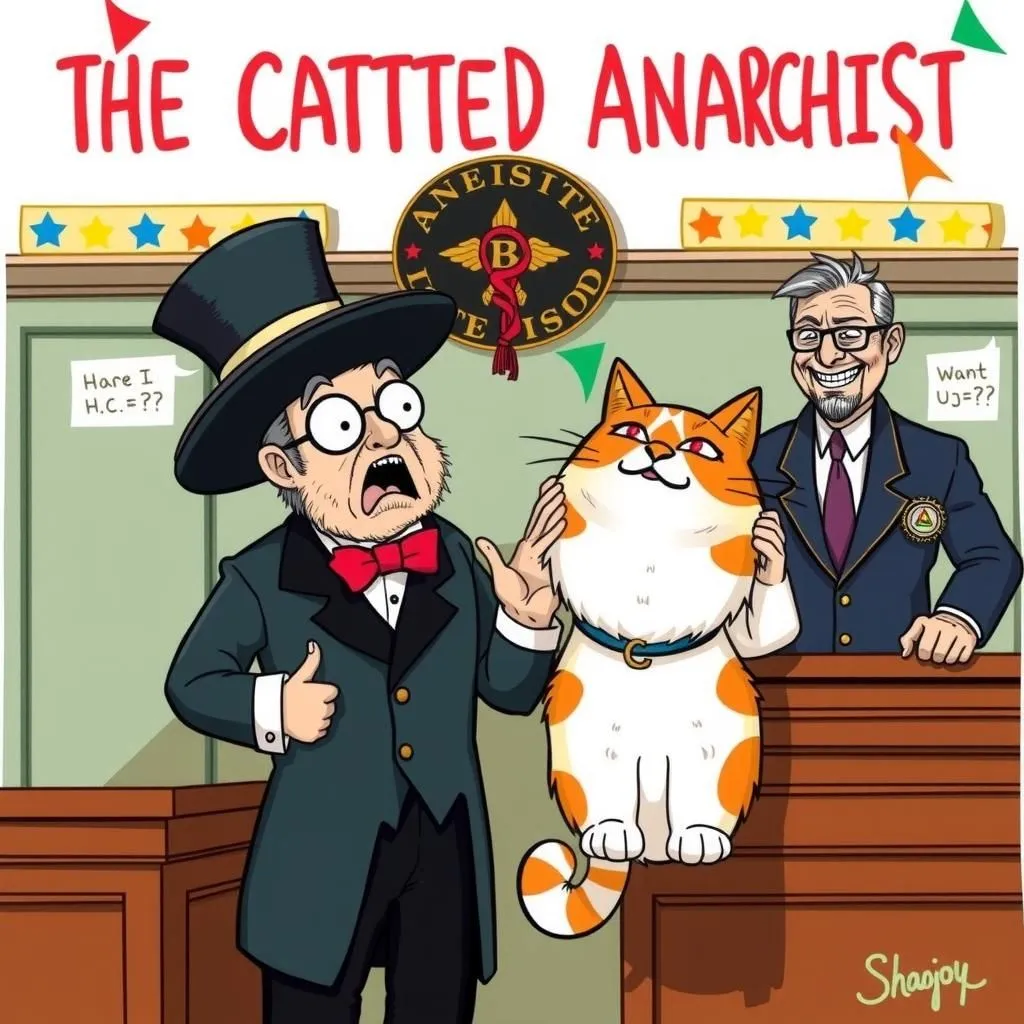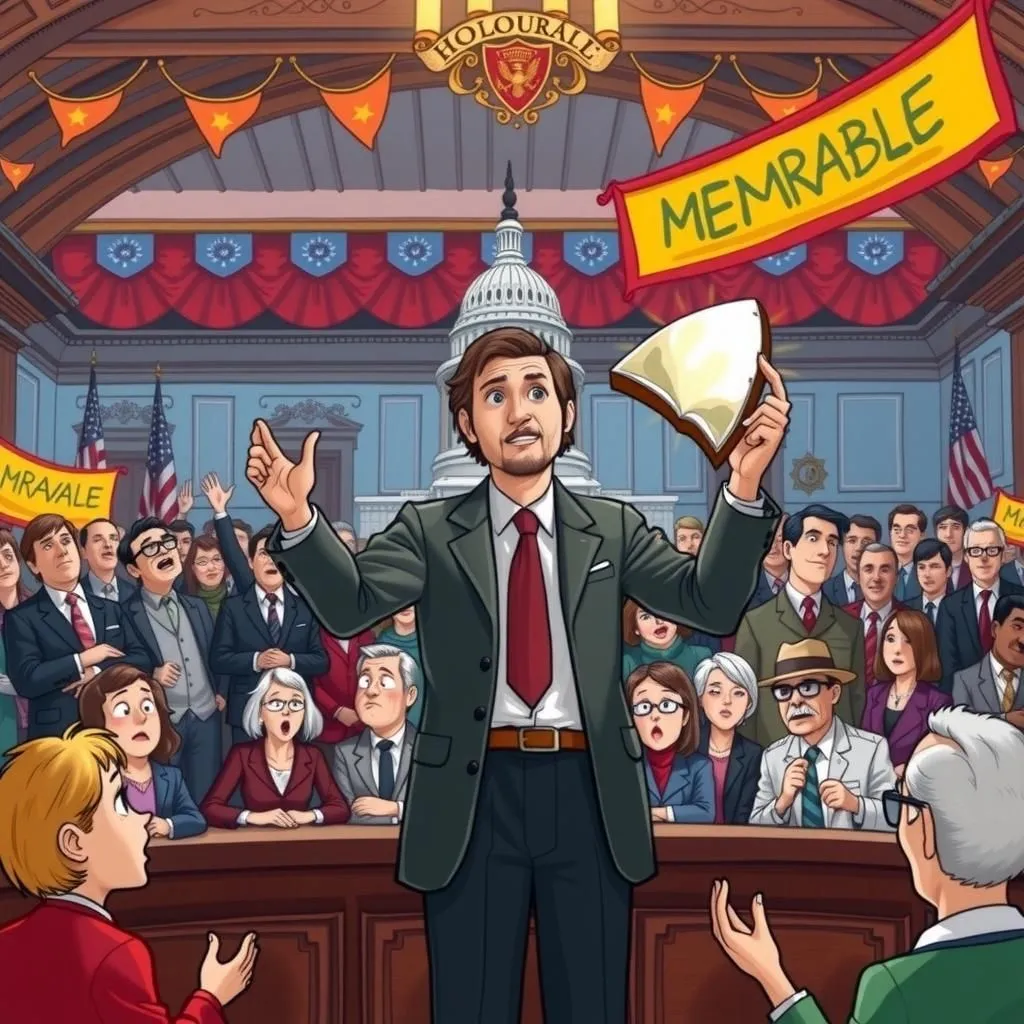
Religions of Error
In "Religions of Error," a Christian in the Orient witnesses the violent conflict between Buddhists and Mohammedans, reflecting on the animosities that divide faiths. Despite acknowledging the brutality of religious intolerance, he smugly concludes that his own religion is the only true and benevolent one, illustrating a moral lesson for young readers about the dangers of arrogance and the need for understanding among different beliefs. This easy small story with a moral encourages students to learn from the flawed perceptions that lead to conflict.


